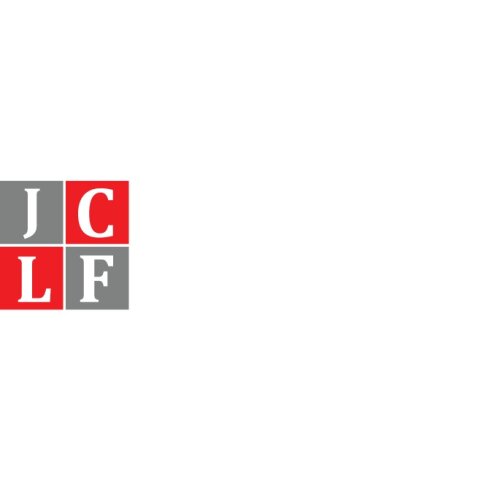Best Auto Dealer Fraud Lawyers in Port Harcourt
Share your needs with us, get contacted by law firms.
Free. Takes 2 min.
List of the best lawyers in Port Harcourt, Nigeria
About Auto Dealer Fraud Law in Port Harport, Nigeria
Auto Dealer Fraud Law in Port Harcourt, Nigeria pertains to deceptive and unlawful practices used by car dealers, such as bait and switch, undisclosed damages, and price packing. It is governed by several acts, including the Consumer Protection Council Act, Sale of Goods Act, and various provisions under the Nigerian Penal Code. The aim of these laws is to protect consumers from dishonest practices in the purchase or lease of new and used vehicles.
Why You May Need a Lawyer
If you find yourself a victim of auto dealer fraud, such as inflated pricing, manipulation of contract terms, or concealment of vehicle defects, you may require legal support. Additionally, if the dealer fails to deliver the correct car, does not honor the promised warranty, or engages in financing fraud, a lawyer specializing in auto dealer fraud can guide you through the complexities of the law and help fight for your rights.
Local Laws Overview
The Consumer Protection Council Act protects consumers against unfair or deceptive business practices, including misleading statements and concealments. The Sale of Goods Act covers matters concerning the sale of goods and issues related to defective goods or breach of contract. Other sections of the Nigerian Penal Code address fraud or cheating. All these laws can be leveraged to combat auto dealer fraud in Port Harcourt, Nigeria.
Frequently Asked Questions
1. What is considered auto dealer fraud?
Auto dealer fraud can refer to a wide range of unethical and illegal practices by car dealers, such as false advertising, selling used cars as brand new, failure to disclose prior vehicle damages, price inflation or manipulation of contract terms.
2. What should I do if I'm a victim of auto dealer fraud?
As a victim, you should seek prompt legal advice. Gather all relevant documents, such as sales contracts, warranty agreements, and advertisements, and provide them to your lawyer. This will help build a strong case against the fraudulent dealer.
3. Can I get a refund if I'm a victim of auto dealer fraud?
Yes, under the Nigerian Consumer Protection Council Act, victims of auto dealer fraud may be entitled to a refund, exchange for another vehicle, damages for loss or inconvenience, or repair of the vehicle.
4. What kind of evidence do I need to sue a dealer for fraud?
Evidence might include false or misleading sales contracts, advertisements, emails, or text messages from the dealer, receipts, and statements from mechanics or other experts confirming the presence of undisclosed defects in the vehicle.
5. Can I sue a car dealer for lying about the condition of the car?
Yes, under Nigerian law, it is illegal for dealers to misrepresent the condition of a vehicle. Any significant undisclosed mechanical problems, collision damage, or alteration of mileage can be grounds for a lawsuit.
Additional Resources
The Nigeria Consumer Protection Council (CPC) is a great resource for more information on your rights as a consumer. The Federal Competition and Consumer Protection Commission (FCCPC) also provides support and handles complaints pertaining to consumer rights and protection.
Next Steps
If you believe you are a victim of auto dealer fraud, seek legal advice immediately. Contact a lawyer specialized in auto dealer fraud, gather all documentation relating to the purchase or lease of the vehicle, and file a complaint with the associated governmental body, such as the CPC or FCCPC.
Lawzana helps you find the best lawyers and law firms in Port Harcourt through a curated and pre-screened list of qualified legal professionals. Our platform offers rankings and detailed profiles of attorneys and law firms, allowing you to compare based on practice areas, including Auto Dealer Fraud, experience, and client feedback.
Each profile includes a description of the firm's areas of practice, client reviews, team members and partners, year of establishment, spoken languages, office locations, contact information, social media presence, and any published articles or resources. Most firms on our platform speak English and are experienced in both local and international legal matters.
Get a quote from top-rated law firms in Port Harcourt, Nigeria — quickly, securely, and without unnecessary hassle.
Disclaimer:
The information provided on this page is for general informational purposes only and does not constitute legal advice. While we strive to ensure the accuracy and relevance of the content, legal information may change over time, and interpretations of the law can vary. You should always consult with a qualified legal professional for advice specific to your situation.
We disclaim all liability for actions taken or not taken based on the content of this page. If you believe any information is incorrect or outdated, please contact us, and we will review and update it where appropriate.










